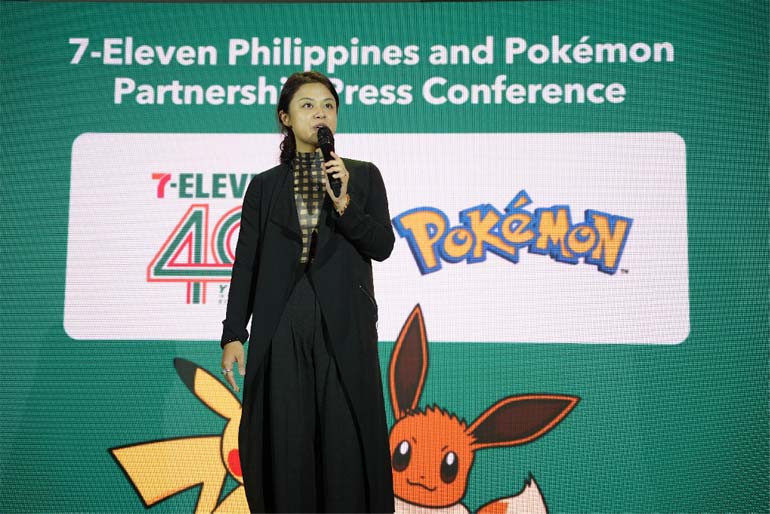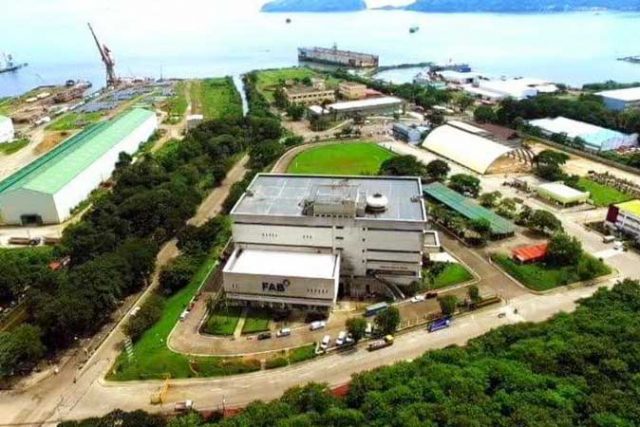Catch awesome adventures at 7-Eleven: Pokémon teams up with convenience store giant for special merch and more

In its constant pursuit to foster community, 7-Eleven has mastered collaborating with popular brands that can stir excitement among its customers. This month, 7-Eleven goers can jump on another awesome adventure as a legendary partnership is making noise in regions far and wide: that between the convenience store giant and one of the most beloved media franchises in the world, Pokémon.
A brand that’s captured the hearts of many with its range of video games, animated series and films, trading cards, and mobile apps, Pokémon’s zest for exploration will definitely provide an irresistible thrill for fans of the franchise and 7-Eleven alike. The partnership was launched last Sept. 13, 2024 with a ribbon-cutting held at 7-Eleven Centris 1 in Quezon City. Present at the milestone occasion were representatives from 7-Eleven Philippines, The Pokémon Company, and Niantic, Inc., the company of the mobile game Pokémon GO.

Both brands kicked things off by wrapping 7-Eleven Centris 1 in Quezon City in full Pokémon decor, with 7-Eleven Arnaiz Avenue in Makati and 7-Eleven St. Theresa Casa Rosario in Cebu to follow in the next few months. To add to the fun, 7-Eleven Centris 1 has also been turned into a PokéStop in Pokémon Go along with the rest of the Philippine 7-Eleven stores. Customers can now venture to the branch nearest to them for the full Pokémon experience by channeling their inner trainer and catching their coveted Pokémon through the Pokémon GO app.

Gamers can then take a break from playing and enjoy their go-to 7-Eleven products wrapped in Pokémon-themed packaging. There’s Pikachu, Squirtle, Charmander, and Bulbasaur for Crunch Time; Pikachu and Snorlax for 7-Fresh Siopao; Meowth for Big Bite; Jigglypuff for Fundae; Gyarados for GULP; Eevee, Flareon, and Jolteon for the small, medium, and large cups of City Cafe respectively; and Umbreon for Prima. The themed packaging is currently available in 7-Eleven Luzon stores, but will be implemented across the country from October.

Fans of the trading card game have it extra special as Pokémon Trading Card Game Booster Packs are up for grabs in 1,500 7-Eleven stores nationwide. There’s a surprise for every fan too. For every purchase of one Booster Pack, which starts at P259, buyers will receive one limited edition Pokémon 7-Eleven Promo Card. Definitely an extra treat for fans to engage with the community and collect, train, battle, and trade in the spirit of the franchise.

Experience the 7-Eleven and Pokémon partnership today as they’ll be up for a limited time only. Prepare to embark on a great journey and become the very best of them all at 7-Eleven.
Cheers to 40 years with 7-Eleven and like us on 7-Eleven Philippines Facebook, follow @711ph on Instagram, and @711philippines on Twitter and TikTok for more information.
Spotlight is BusinessWorld’s sponsored section that allows advertisers to amplify their brand and connect with BusinessWorld’s audience by publishing their stories on the BusinessWorld Web site. For more information, send an email to online@bworldonline.com.
Join us on Viber at https://bit.ly/3hv6bLA to get more updates and subscribe to BusinessWorld’s titles and get exclusive content through www.bworld-x.com.







 Participating brands
Participating brands How to Invest in the Right Franchise
How to Invest in the Right Franchise  The future of your business journey begins here! See you at SM City Bacolod tomorrow for an event that could change the way you do business!
The future of your business journey begins here! See you at SM City Bacolod tomorrow for an event that could change the way you do business! 



